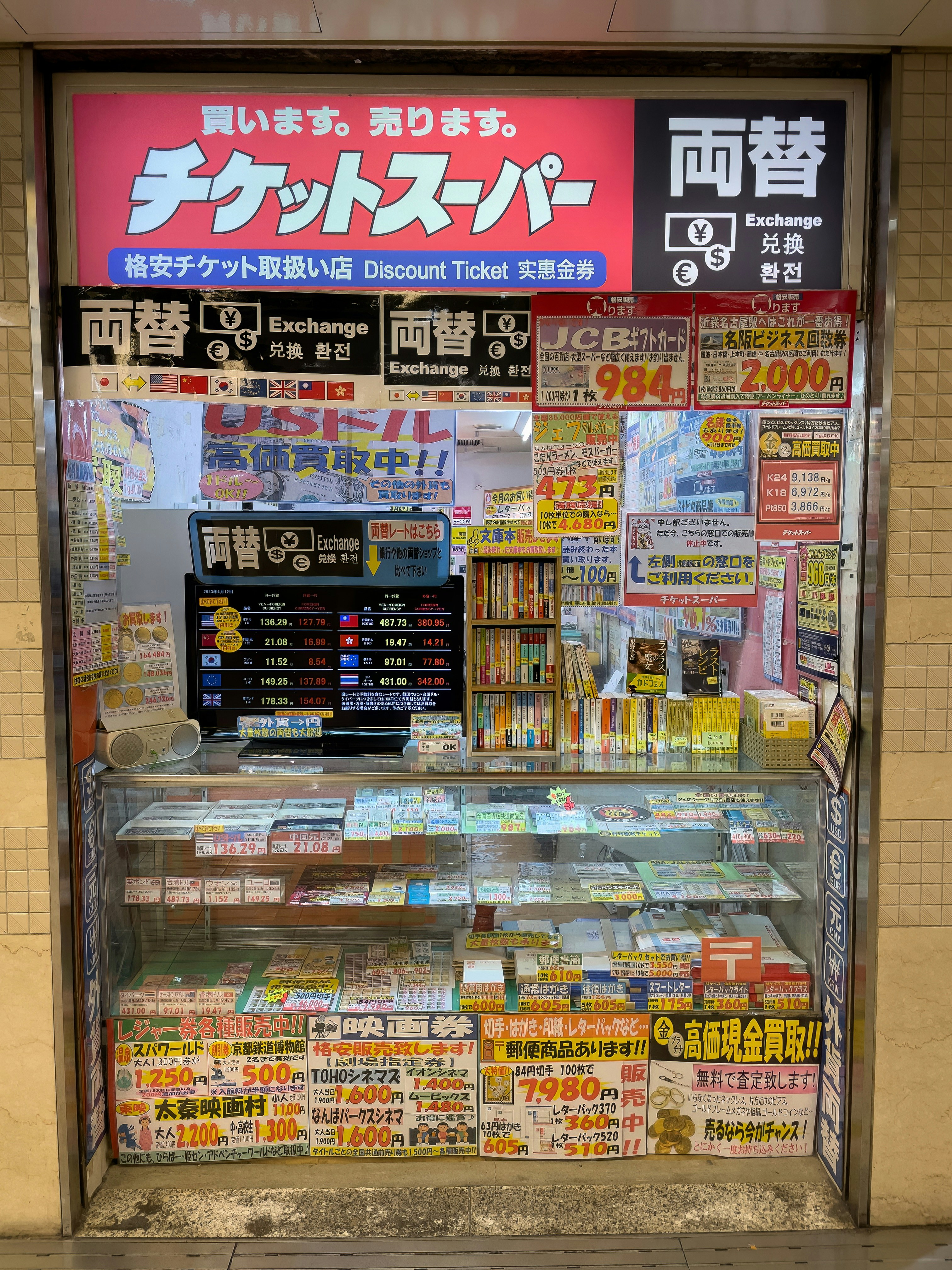/* .entry-header { show: flex; flex-direction: row-reverse; hole: 30px; justify-content: space-between; } .entry-header img.featured-image { flex: Zero 0 330px margin-bottom: 0px !essential; max-width: 30%; } .entry-header .article-title { flex: 1 1 60%; } .article-header-content { width: 100%; justify-content: space-between; hole: 20px; flex-direction: column; show: flex; } .article-header-meta { show: flex; flex-direction: row; justify-content: space-between; } .article-header-meta .article-share { show: flex; hole: 30px; flex-direction: row !essential; margin-left: auto; } .frame-158 { show: none; } .article-landing-page .flex-row-1 { margin-top: 0px } .article-landing-page h1.article-title { coloration: var(–neutral60); font-family: var(–font-family-source_serif_pro); font-size: 48px; font-weight: 400; letter-spacing: 0.24px; line-height: 62.4px; margin-top: -1px; } @media (min-width: 800px) { .article-header-content .featured-image { show: none; } } */ /** CTW **/ /* @media (min-width: 0px) and (max-width: 800px) { physique { max-width: 100%; width: 100%; overflow-x: hidden; } .content-proper p, .content material.correct h1, .content-proper h2 { width: 100% } .article-sidebar .featured-image { show: none; } .single-container { show: flex; flex-direction: column; hole: 30px; } .single-container .article-sidebar { margin-left: 10px !essential; } .single-content-container .article-sidebar {} .entry-header { show: flex; flex-direction: column; hole: 10px; } .entry-header img.featured-image { flex: 1 1 100%; margin-bottom: 0px !essential; min-width: 100%; max-height: 300px } .article-header-meta { show: flex; flex-direction: column; hole: 10px; justify-content: space-between; } .article-header-meta .article-share { show: flex; hole: 30px; flex-direction: row !essential; margin-right: 10px; margin-left: auto !essential; } .entry-content, .entry-header { margin-top: 0px !essential; } #crr-body .divider2 { show: none; } .article-landing-page h1.article-title { font-size: 32px; line-height: 50px; } } .article-landing-page .frame-158 { show: none !essential; } .article-landing-page .flex-col-1 { margin-left: 0px } .entry-header .featured-image { object-fit: cowl; } */


Researchers have tried and failed to totally perceive why so many individuals are unwilling to plunge into the inventory market and journey the ups and downs of an funding that pays off over the lengthy haul.
A brand new examine lastly lands on one thing that has the facility to have an effect on how folks make investments: character. In truth, character is pretty much as good at explaining funding choices because the intercourse, age, earnings, wealth, and schooling of people mixed, stated researchers at Northwestern, DePaul College, and the London Faculty of Economics.
They examined the Massive 5 character traits: openness, conscientiousness, extraversion, agreeableness, and neuroticism. Openness and neuroticism have probably the most affect on inventory investing – with reverse results. However, agreeableness, characterised by being cooperative and anxious about others, has nothing to do with why folks purchase shares.
The draw back of this examine is that 80 % of the folks in it have been white males over 60, who sometimes had greater than $1 million in investments. Girls, who’re extra hesitant than males to spend money on shares, ought to take the outcomes with a grain of salt. This data additionally may’ve been extra helpful to monetary advisers and employers sponsoring 401(okay)s if it had centered on youthful traders, who’re at a vital time when their choices have a huge effect on their retirement safety.
Openness was the character trait that almost all drove inventory market investing among the many folks within the examine. An eagerness to interact in new aesthetic, journey, or mental experiences is frequent in people who find themselves curious, inventive, and conscious of their emotions. To determine who match this description, the researchers requested members of a nationwide funding group to judge, on a scale of 1 by means of 6, whether or not they’re “stuffed with concepts,” are “unique thinkers, or “like to assume up new methods of doing issues.” In addition they requested how they felt about threat and the way a lot of their cash is within the inventory market.
Individuals with extra open personalities, the researchers discovered, entertain the opportunity of extremes, within the type of a inventory market that has the potential to go method up or method down. And they don’t seem to be overly afraid of taking dangers and have a tendency to allocate extra of their funding portfolios to shares.
Neuroticism has the other impact. These individuals are extra emotionally unstable and have excessive ranges of angst. Within the survey, they admitted to being “overwhelmed by feelings,” “worriers,” and “simply” panicked.
Individuals who have neurotic personalities are pessimistic concerning the inventory market and fear that it would crash, the researchers discovered. Not surprisingly, pessimists don’t have a tendency to speculate closely in equities. (The researchers didn’t disclose the chances for every character trait.)
The habits the examine revealed about U.S. traders is outwardly common, as a result of the researchers discovered that the influences of openness and neuroticism have been the identical once they analyzed Australian and German traders.
Character, for apparent causes, drives lots of main choices – about careers, marriage, and spending cash. So why not one’s views of the inventory market?
Squared Away author Kim Blanton invitations you to comply with us on Twitter @SquaredAwayBC. To remain present on our weblog, please be a part of our free electronic mail record. You’ll obtain only one electronic mail every week – with hyperlinks to the 2 new posts for that week – whenever you enroll right here. This weblog is supported by the Middle for Retirement Analysis at Boston Faculty.
-1
) –> stock-market [1] => equities [2] => threat [3] => financial-risk [4] => extravert [5] => personality-traits [6] => agreeableness [7] => neuroticism [8] => openness
)
–> 37806 [1] => 33295 [2] => 33819 [3] => 36078
)
–> 37806 [1] => 33295 [2] => 33819 [3] => 36078
)
–> 33295 [2] => 33819 [3] => 36078
)
–> 33295 [1] => 33819 [2] => 36078
)
–> 33295 [1] => 33819 [2] => 36078
)
–>
.post-comment img.avatar { border-radius: 50% !essential; }



